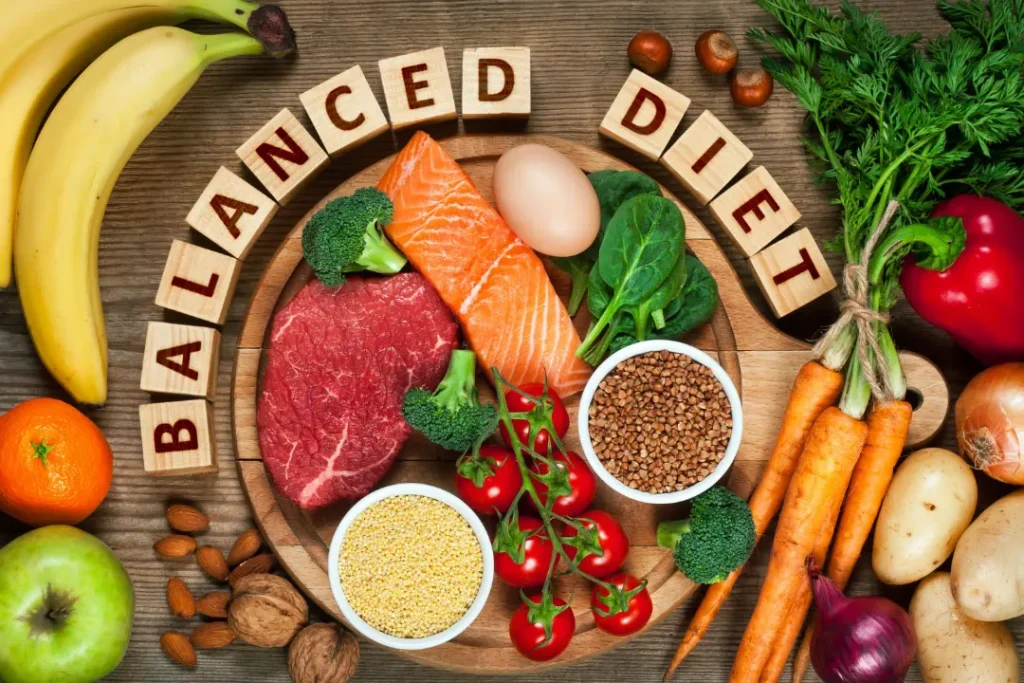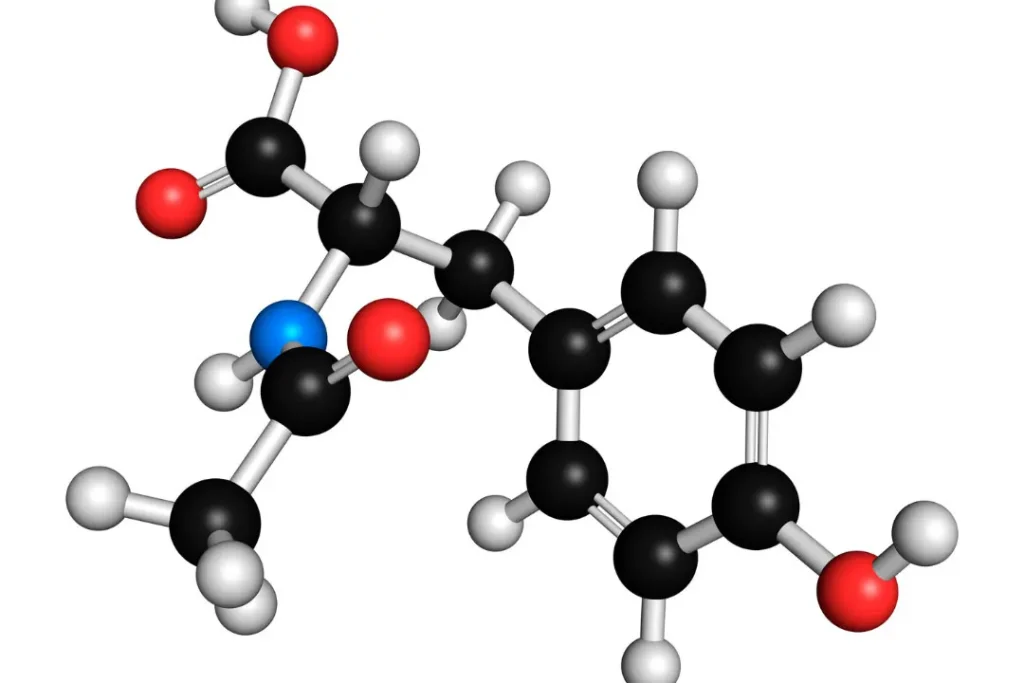When it comes to athletic conditioning, essential nutrients include protein, electrolytes, and carbohydrates. Failing to fuel your body properly can lead to a drop in workout performance and results. Read on to learn more.
You May Also Like:
Recipe for a Healthier Brain: 5 Key Ingredients
Dietary Dynamics: The Role of Protein in Athletic Conditioning is an original (NewsHealthWatch) article.
Athletic conditioning – It’s not just for athletes
It might be surprising that you don’t have to be an athlete or even play a sport to benefit from athletic conditioning. Athletic conditioning is a structured and systematic approach to exercise that targets improvement in movement, strength, agility, speed, and endurance – things that anyone wanting to lead a healthy, active life can benefit from.
Athletes use athletic conditioning to perform better, react faster, and recover quicker. It’s the foundation that helps them elevate their game; their personal playbook for peak physical performance. But even for those not chasing a championship, conditioning is a lifestyle choice that can make the difference between just getting through the day and absolutely crushing it. It’s the path to feeling healthier, stronger, and more in tune with your body. So regardless of whether you’re hitting the field or hitting the books, athletic conditioning can significantly improve your quality of life.
Athletic conditioning and nutrition
Here’s the thing: It’s not just about how many hours you put into training or even how tough your workouts are; athletic conditioning only works with sufficient nutritional intake.
Diet can significantly influence performance during your training sessions. Good nutrition is the bedrock of athletic conditioning, providing the body with necessary macronutrients (proteins, carbohydrates, and fats) and micronutrients (vitamins, minerals, and electrolytes). These components of nutrition work together to fuel your workouts and help you recover post-exercise.
Protein’s role in athletic conditioning.
When talking about diet and athletic conditioning, protein takes center stage. From boosting energy levels to aiding in overcoming training plateaus, protein can substantially impact the results of your workouts. This essential macronutrient serves as the foundation for the growth and maintenance of muscles. It aids in muscle protein synthesis where the body generates new proteins to repair muscle fibers and build new ones – a critical response to physical activity.
Proteins are made of amino acids and are categorized as complete or incomplete based on the number of amino acids they contain. Complete proteins contain all nine essential amino acids that the body can’t synthesize and needs to obtain from food. You can find these in foods like meat, fish, poultry, dairy, and eggs. Incomplete proteins lack one or more of the essential amino acids and are typically found in plant-based foods like nuts, grains, and vegetables. “Incomplete” doesn’t mean a protein source is worthless; on the contrary, they provide valuable nutrition and should be included in a well-balanced diet.
The amount of protein you need daily isn’t a universal number. While general guidelines suggest 46 grams per day for adult women and 56 grams for adult men, protein requirements can fluctuate based on several factors, including:
- Activity level. If you’re regularly crushing workouts at the gym and working on athletic conditioning, your muscles are constantly in repair and growth mode, meaning they’ll crave far more protein.
- Injury or illness: If you’re recovering from an injury or disease, your protein needs can increase since protein helps repair body tissues.
- Age. As we grow older, our bodies lose muscle mass, a condition known as sarcopenia, meaning that we may need more protein to maintain a healthy amount of muscle.
- Pregnancy and breastfeeding can also increase protein requirements.

Protein supplements to the rescue
Sometimes, natural food sources alone aren’t enough to provide adequate protein, especially if you’re working on athletic conditioning. There are general protein guidelines for exercise, and tracking your protein intake is a way to ensure you get enough but not too much.
Enter protein supplements: a practical and convenient way to meet your daily protein quota. Animal-based protein supplements include whey, casein, and collagen. Plant-based options are also plentiful, featuring soy, hemp, rice, and pea proteins. Each protein has unique benefits; choice often comes down to personal preference, dietary restrictions, and athletic goals.
Collagen protein – a stealth contender for athletic conditioning
Collagen is a naturally occurring protein in our bodies, primarily found in skin, bones, muscles, and connective tissues. Collagen supplements are usually derived from bovine or marine sources and provide various benefits, from enhancing skin elasticity to supporting healthy bones, joints, tendons, and ligaments.
For decades, whey protein supplements were considered the gold standard for athletic conditioning. Collagen protein was viewed as the “beauty” supplement primarily used by women for its positive effects on skin, hair, and nails. Not anymore: Collagen protein is proving to be an unexpected powerhouse, gaining a reputation in the athletic world. For example, a randomized controlled trial reports that collagen, in combination with resistance training, improves body composition and increases muscle strength in older men with muscle loss. In addition to assisting in injury prevention, collagen may help heal injuries, as shown in this 2018 study on athletes with chronic ankle instability.
Collagen protein has numerous benefits, making it an excellent choice for athletic conditioning, including:
- Aiding muscle repair and growth.
- Improving workout recovery.
- Supporting joints and treating joint disorders.
- Supporting tendon and ligament health.
- Supporting bone health.

How a “frog” might benefit your athletic conditioning
Okay, so it’s not a real frog. Frog Fuel, a company founded and run by Navy Seals (often referred to by their historical name, “Frogmen”), shines as a highly-rated brand offering potent collagen protein supplements. The supplements are easily transportable, allowing you to meet your protein needs anytime, anywhere. Their products are formulated for rapid absorption and optimal bioavailability, meaning your body can utilize the protein more effectively. What makes Frog Fuel unique is that collagen has only 18 amino acids, but they have fortified their collagen to deliver a complete protein profile encompassing all 22 essential and non-essential amino acids, ensuring comprehensive support for your muscle health and recovery.
Frog Fuel’s CMO, Aaron Saari, believes in educating consumers. He says, “Our customers will stay if they understand what we are about and what we do. This is about much more than how many grams per serving a supplement contains; it’s about providing a truly beneficial product based on science and quality protein.” Frog Fuel’s blog provides education and scientific proof backing their product claims.

Concluding thoughts on dietary dynamics and athletic conditioning.
Athletic conditioning can be considerably more productive and enjoyable with the proper nutritional strategies. While it’s essential to keep a balanced approach to nutrition and consider all macronutrients, the impact of protein is undeniable. Protein fuels your workouts and provides the building blocks to repair and grow your muscles post-exercise. As you strive to improve your performance inside and outside the gym, tracking your protein intake can be helpful. Additionally, after examining the multitude of benefits collagen protein offers, you might consider giving it a place in your athletic conditioning regimen.
Further Research:
Cleveland Clinic – Amino Acid: Benefits & Food Sources
UCLA Health – Are you getting enough protein? Here’s what happens if you don’t
Physiopedia – Muscle Protein Synthesis
ISSA – The Truth about Using Collagen Supplements for Fitness
Important Note: The information contained in this article is for general informational purposes only, and should not be construed as health or medical advice, nor is it intended to diagnose, prevent, treat, or cure any disease or health condition. Before embarking on any diet, fitness regimen, or program of nutritional supplementation, it is advisable to consult your healthcare professional in order to determine its safety and probable efficacy in terms of your individual state of health.
Regarding Nutritional Supplements Or Other Non-Prescription Health Products: If any nutritional supplements or other non-prescription health products are mentioned in the foregoing article, any claims or statements made about them have not been evaluated by the U.S. Food and Drug Administration, and such nutritional supplements or other health products are not intended to diagnose, treat, cure, or prevent any disease.

